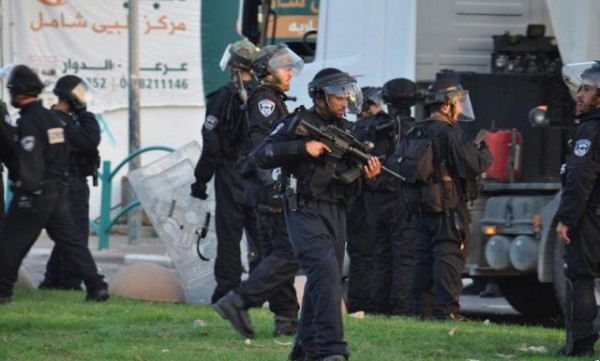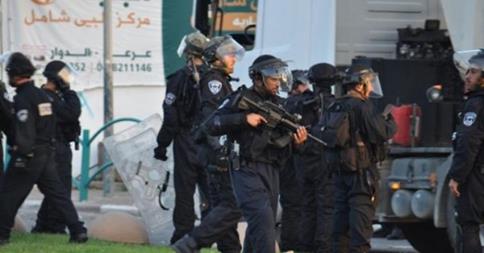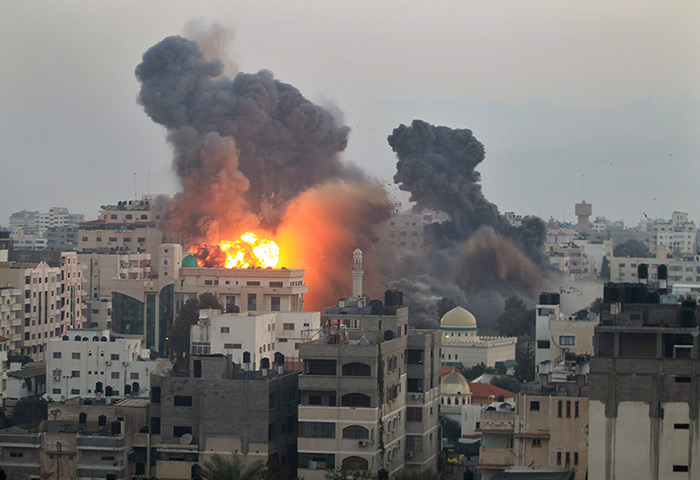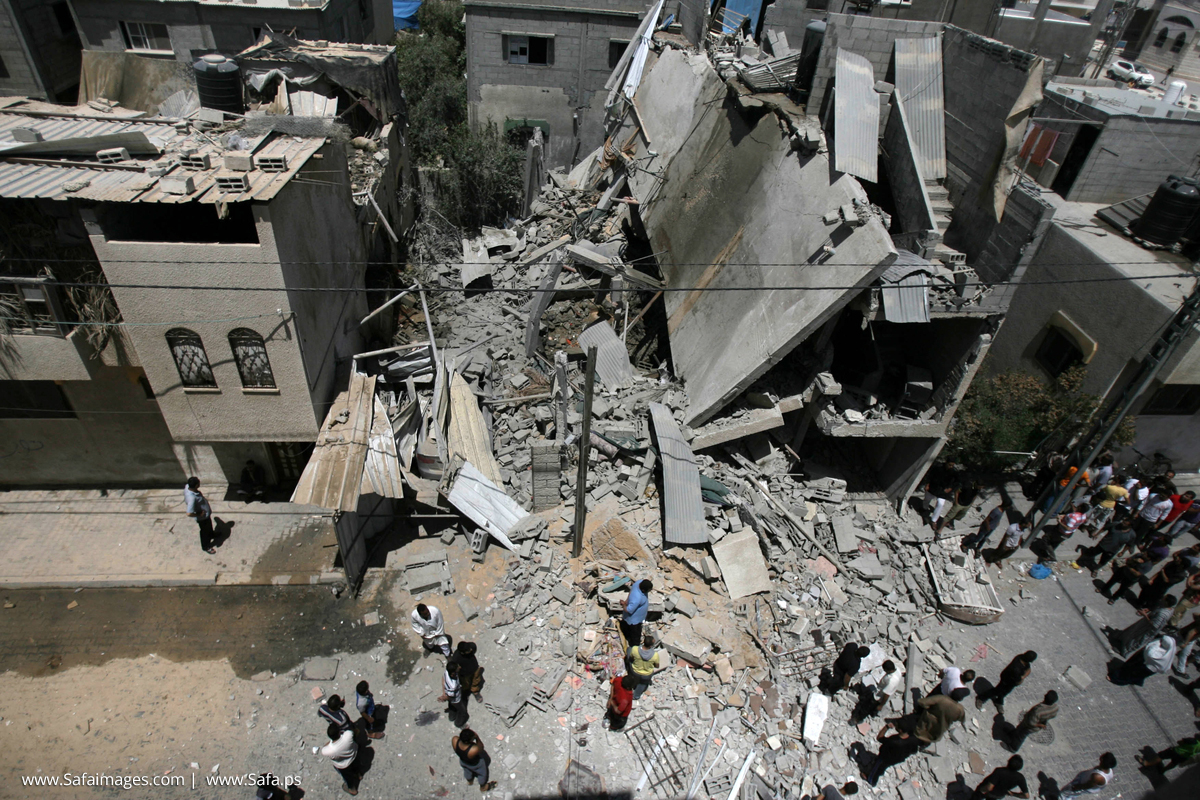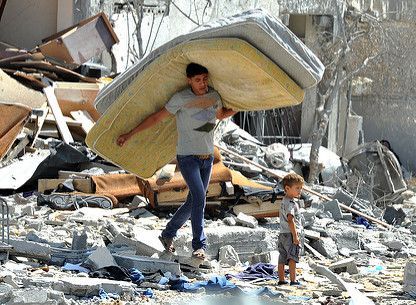Adalah to the Military Advocate General: The military’s investigations of possible war crimes committed in Gaza lacks professionalism, neutrality and transparency
On 15 September 2014, Adalah responded to four decisions issued by the Israeli Military Advocate General (MAG, the Chief Military Prosecutor) about four complaints out of 14 sent by Adalah together with the Al Mezan Center for Human Rights in Gaza, asking the MAG to open independent criminal investigations into specific, suspected war crimes committed by the military during the Israeli offensive on Gaza this past summer.
The specific events are:
(1) The killings of four Palestinian children by the Israeli air force on the beach in Gaza on 18 July 2014; See press release
(2) The bombing of five UNRWA facilities during the war, resulting in the killing of 47 individuals; See press release
(3) The bombing of the Al Kaware’ family home in Khan Younis on 8 July 2014, in which eight people, including six children were killed; See press release
(4) The bombing of a journalists’ car in Al Remal neighbourhood on 9 July 2014, in which eight journalists were killed.
On 10 September 2014, the MAG announced military investigations into the killing of the four children on the beach on 18 July 2014, and the 24 July 2014 strike on an UNRWA school in Beit Hanoun, which killed 15 Palestinians. See Ha’aretz, 10 September 2014. In the two additional letters to Adalah, the MAG announced that no investigations would be opened.
Adalah argued in its responses that Israel “does not comply with its international law obligations, as it does not actively investigate suspected war crimes, or work in accordance with the required standards of investigations pursuant to international law, most important of which are professionalism, neutrality and transparency.” The letters emphasized that Israel has not, to date, implemented the recommendations of the Turkel Commission issued in 2013. This Commission, appointed by the Israeli government, investigated the incidents that took place on the Gaza Freedom Flotilla in May 2010, as well as the system of Israeli military investigations into possible violations of international law and war crimes. The eighteen recommendations issued by the Commission show that Israel’s military investigation methods are essentially ineffective, and do not provide an effective remedy for the victims or hold the parties responsible to account. See The Turkel Report: A preliminary analysis.
Adalah Attorney Sawsan Zaher argued in a letter to the MAG that the investigations around the bombing of UNRWA facilities “clearly demonstrate a conflict of interest, because they are being carried out by an investigative body that is not independent, one that belongs to the military and is within the hierarchy and internal organization of the army. This raises suspicion that the investigation is biased towards the Israeli military.” Attorney Zaher also added that the military’s investigations do not comply with criminal standards of investigation that are compatible with international law standards.
Attorney Nadeem Shehadeh, in his responses to the MAG, argued that by refusing to open investigations into the bombing of the Kaware’ family home, which killed eight people in the household including six children, as well as the bombing of the journalists’ clearly marked car, which killed eight reporters, the MAG shows that he does not view these events with the seriousness that they deserve. The military prosecution declared that it would investigate incidents based on “the military investigative division’s internal information.” It did not provide sufficient answers around this dangerous decision or how it came about.
In his response concerning the journalists’ car, Attorney Shehadeh demanded further answers to these general questions: “What was the intelligence information that considered the journalists’ car to be a military target? What did the military rely on? What evidence turned journalists’ work into a military goal? What procedures did the military take to protect journalists who had no relation to the fighting?”
As for the bombing of the Kaware’ family home, Attorney Shehadeh responded to the MAG’s allegations that the military provided warnings to the civilians in the house by a telephone call and using the “roof knocking” method. Attorney Shehadeh asked the MAG to specify “the time given to the residents to evacuate their homes before the bombing, and whether it was realistically enough time for all residents to leave the building.” Attorney Shehadeh also asked whether there was any place for residents to go without being exposed to the bombing. See joint letter by 10 human rights organizations in Israel to the Attorney General about attacks on civilian objects; and Amjad Iraqi, The Humanitarian Myths of Israel’s ‘Roof-Knocking” Policy in Gaza, The Huffington Post, 9.9.2014.
In the four letters, Attorneys Zaher and Shehadeh raised fundamental problems that question the effectiveness and investigative work of the MAG. For example, based on the Turkel Commission’s recommendations, Adalah asked the military to determine and declare a timeframe for the investigations. In the past, investigations stretched out over years, and thus, they were not timely and effective.
Adalah also objected to the MAG’s practice of “classifying” investigative material and evidence that it relies on. The letters argued that: “preventing human rights defenders from looking at investigation materials is sweeping and general, and it obscures all evidence and material without exception, which causes suspicion about the validity and accuracy of the material.” Attorney Shehadeh requested additional information from the military prosecution about its decisions on whether or not to open investigations. He demanded that the MAG declare whether it met with any Palestinian witnesses in Gaza, and to explain its relationship with these witnesses and how many they are.
In Adalah’s view, “as long as Israel does not conduct independent investigations that strongly demonstrate the violations of international humanitarian law, then the only way to investigate the dangerous operations carried out during the Israeli offensive on Gaza is through an independent international investigation.”
See all of Adalah’s updates on the War on Gaza here.
For more information, contact Adalah’s Media and Public Relations Director, Salah Mohsen, salah@adalah.org, +972-52-595-0922













